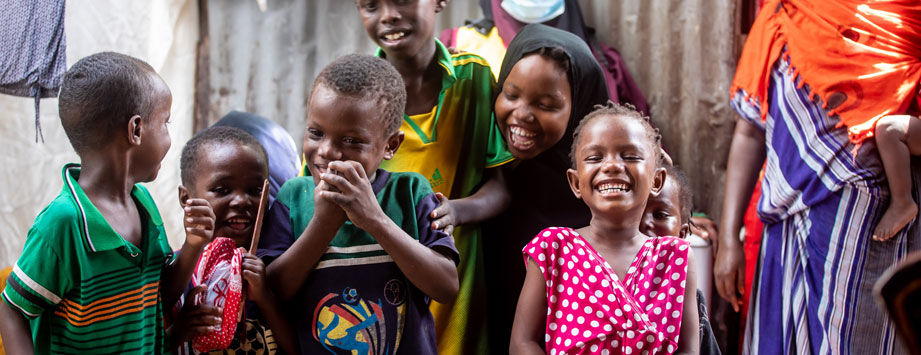Who we are
What we do
We work with federal and state health authorities and partners to prevent and control NTDs primarily through the following actions:
Identify the NTD burden
We map the prevalence and assess the burden of NTDs across the country.
Increase access to NTD care
We work to extend treatment and care of NTDs to all Somalis who need it.
Conduct mass drug administration campaigns
We help carry out mass drug administration campaigns to treat and prevent schistosomiasis and soil-transmitted helminthiases among high-risk groups.
Build capacity
Through training, we develop the capacity of health workers for case management, surveillance, morbidity management and disability prevention for all NTDs as needed.
Raise community awareness
We work to raise community awareness of NTDs and promote social mobilization to support prevention, control and elimination of these diseases.









